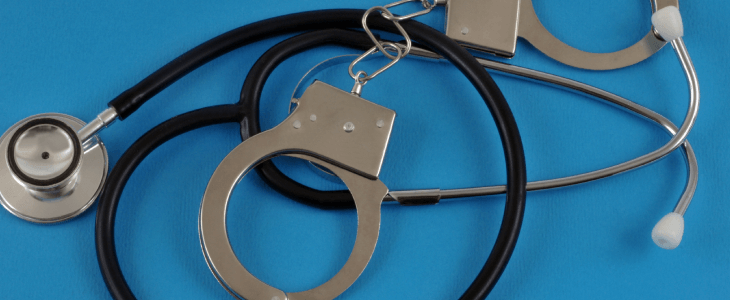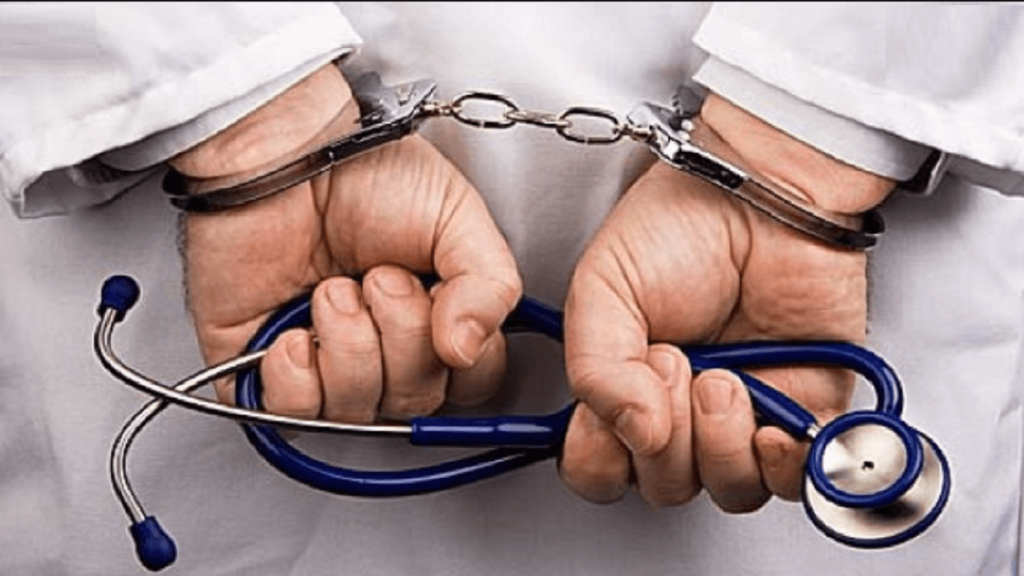A misdiagnosis can have life-altering consequences, potentially leading to unnecessary treatments, delayed care, and worsened health conditions. When a healthcare professional fails to diagnose a condition correctly, it may be more than just an unfortunate mistake; it could be a violation of your misdiagnosis legal rights. Understanding these rights and how to protect them is crucial if you or a loved one has been affected by a medical error.
In this article, we will explore what misdiagnosis legal rights are, how to know if your rights have been violated, and what steps you can take to pursue justice. We’ll also answer common questions to help you navigate the complex legal landscape surrounding misdiagnosis.

What Are Misdiagnosis Legal Rights?
Misdiagnosis legal rights refer to the protections and recourse available to individuals who suffer harm as a result of being misdiagnosed by a healthcare provider. A misdiagnosis occurs when a doctor, nurse, or other medical professional either incorrectly diagnoses a condition or fails to diagnose an existing medical issue.
These rights allow patients to seek compensation for medical malpractice if they experience harm from a misdiagnosis. Compensation may include coverage for medical expenses, lost wages, pain and suffering, and other costs related to the misdiagnosis.
Medical Malpractice and Misdiagnosis
A misdiagnosis falls under the category of medical malpractice, which is when a healthcare provider fails to meet the standard of care expected in their profession. Medical malpractice includes mistakes such as:
- Incorrectly diagnosing a condition
- Delayed diagnosis
- Failure to diagnose a condition entirely
- Misinterpreting test results or medical imaging
To prove misdiagnosis legal rights in a medical malpractice case, the patient must show that the healthcare provider was negligent in some way, and that this negligence directly caused harm.
When Can You Claim Misdiagnosis Legal Rights?
While not every misdiagnosis leads to a lawsuit, there are certain circumstances in which misdiagnosis legal rights are applicable. You may have a valid claim if:
1. The Misdiagnosis Led to Harm
If you received the wrong diagnosis and it led to harm — such as unnecessary treatments, worsened health conditions, or even death — you may have a case for medical malpractice.
2. There Was a Delay in Diagnosis
A delayed diagnosis can result in treatments being ineffective or missed opportunities for more effective care. If a delay in diagnosing a serious illness, like cancer, has caused more damage to your health, your misdiagnosis legal rights may be violated.
3. The Misdiagnosis Was the Result of Medical Negligence
If a healthcare provider’s actions (or lack of action) fall below the accepted standard of care, it can be considered negligence. Examples of medical negligence include failing to order the right tests, misinterpreting test results, or not following up on symptoms.
Also Read: Understanding Personal Injury Law

Common Examples of Misdiagnosis
Understanding the types of medical conditions that are commonly misdiagnosed can help you identify when your misdiagnosis legal rights may have been violated. Some common misdiagnoses include:
1. Cancer Misdiagnosis
Misdiagnosing cancer is one of the most devastating types of medical errors. A delay in diagnosing cancer can lead to a missed opportunity for early treatment, which is often crucial for survival.
2. Heart Disease Misdiagnosis
Heart disease symptoms can sometimes mimic other less severe conditions. Failure to properly diagnose heart disease can result in life-threatening consequences.
3. Stroke Misdiagnosis
Misdiagnosing a stroke can result in patients not receiving immediate treatment, which is essential for preventing further brain damage or death.
4. Infection Misdiagnosis
Infections such as sepsis or meningitis can be difficult to diagnose, and a failure to treat them promptly can lead to severe complications or death.
5. Mental Health Conditions Misdiagnosis
Misdiagnosing mental health conditions such as depression, anxiety, or bipolar disorder can lead to improper treatment plans, worsening symptoms, or unnecessary medication.
How to Protect Your Misdiagnosis Legal Rights
If you believe you’ve been the victim of a misdiagnosis, it’s important to take the right steps to protect your misdiagnosis legal rights. Here are some key actions you can take:
1. Seek a Second Opinion
If you suspect that you’ve been misdiagnosed, it’s important to seek a second opinion from another qualified healthcare professional. A second opinion can confirm whether the original diagnosis was accurate or if you need further testing.
2. Keep Detailed Records
Document all your medical appointments, symptoms, and treatments. Detailed records will be crucial if you need to pursue a claim for medical malpractice due to a misdiagnosis.
3. Consult with an Experienced Medical Malpractice Lawyer
If you’re considering pursuing a legal case for a misdiagnosis, it’s essential to work with a lawyer who specializes in medical malpractice. They can help assess whether your misdiagnosis legal rights have been violated and guide you through the legal process.
4. File a Formal Complaint
If you believe your healthcare provider’s actions were negligent, you can file a formal complaint with the medical board or regulatory agency in your area. This can initiate an investigation into the matter and protect others from potential harm.
Also Read: Understanding Personal Injury Law

What Compensation Can You Receive for Misdiagnosis?
If your misdiagnosis legal rights have been violated and you win your medical malpractice case, you may be entitled to various types of compensation, such as:
- Medical expenses: Coverage for all medical costs related to the misdiagnosis, including past, present, and future treatments.
- Pain and suffering: Compensation for the emotional distress, pain, and suffering caused by the misdiagnosis.
- Lost wages: Reimbursement for wages lost due to the misdiagnosis or the time spent recovering from its effects.
- Punitive damages: In cases of extreme negligence, punitive damages may be awarded as a way to punish the responsible party and deter future similar actions.
Frequently Asked Questions (FAQs)
1. How do I know if I have a valid misdiagnosis claim?
If you believe you have been harmed due to a misdiagnosis, consult with an experienced medical malpractice lawyer. They will review your case, assess whether the healthcare provider acted negligently, and determine whether you have a valid claim.
2. What is the statute of limitations for filing a misdiagnosis lawsuit?
The statute of limitations for filing a misdiagnosis lawsuit varies by state but typically ranges from one to three years. It’s important to act quickly to protect your misdiagnosis legal rights.
3. Can I sue for emotional distress caused by a misdiagnosis?
Yes, emotional distress is a type of damage that can be compensated in medical malpractice cases. If the misdiagnosis caused significant emotional suffering, you may be entitled to compensation for pain and suffering.
4. How much does it cost to hire a medical malpractice lawyer?
Most medical malpractice lawyers work on a contingency fee basis, meaning they only get paid if you win the case. This allows you to pursue a claim without worrying about upfront legal fees.
5. Can a misdiagnosis lead to wrongful death?
Yes, in some cases, a misdiagnosis can lead to wrongful death, particularly when a serious condition is not diagnosed early enough. If a loved one has passed away due to a misdiagnosis, you may have a wrongful death claim.
Conclusion
Misdiagnosis legal rights protect patients who suffer harm due to medical negligence or errors. If you’ve been misdiagnosed, it’s important to understand your rights and take action to protect your health and finances. By seeking a second opinion, keeping records, and consulting with an experienced lawyer, you can pursue justice and compensation for the harm caused by a misdiagnosis.
If you believe your misdiagnosis legal rights have been violated, don’t hesitate to explore your legal options and take the necessary steps to ensure accountability for medical errors.
1 thought on “Misdiagnosis Legal Rights: Understanding Your Legal Options and Protections”